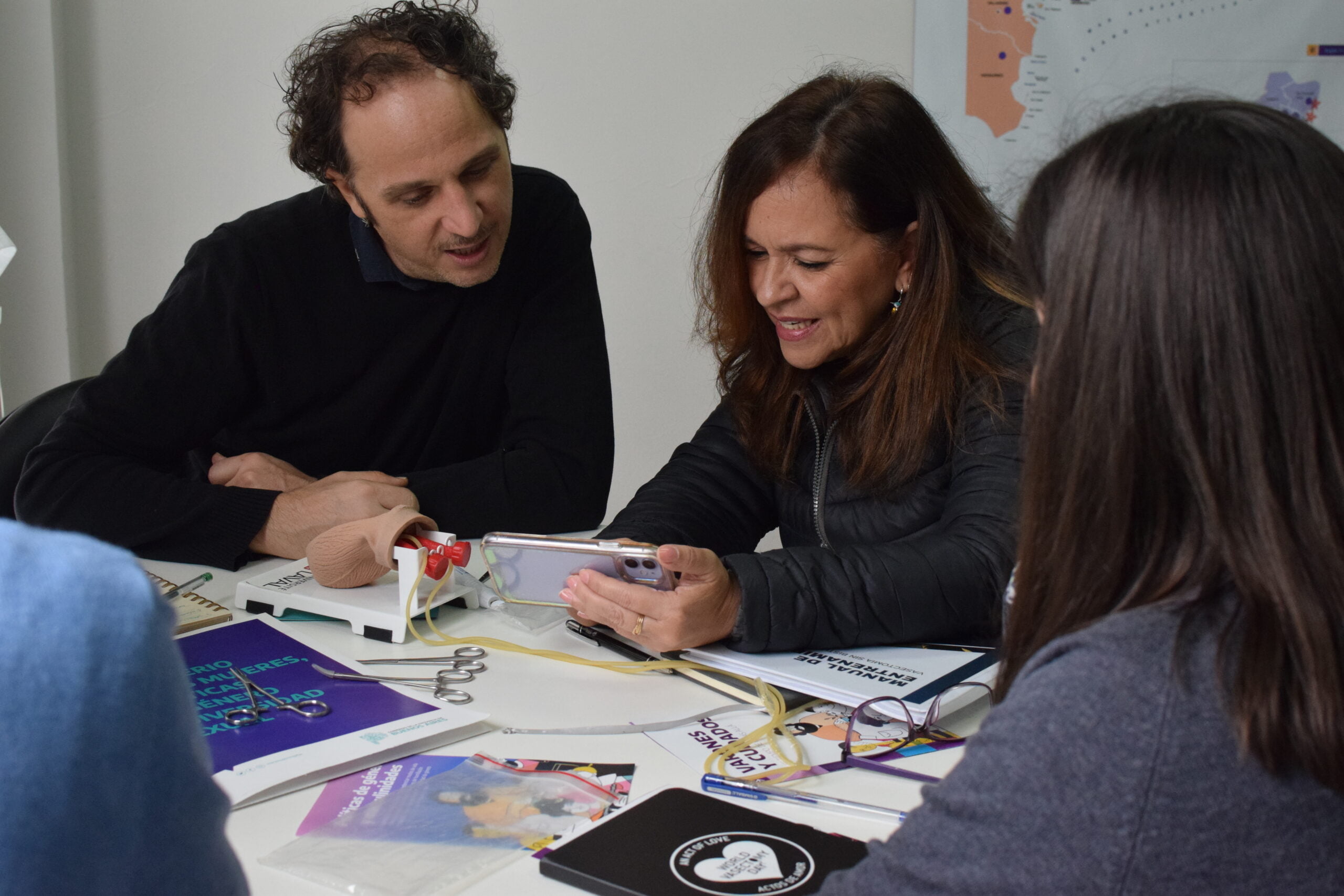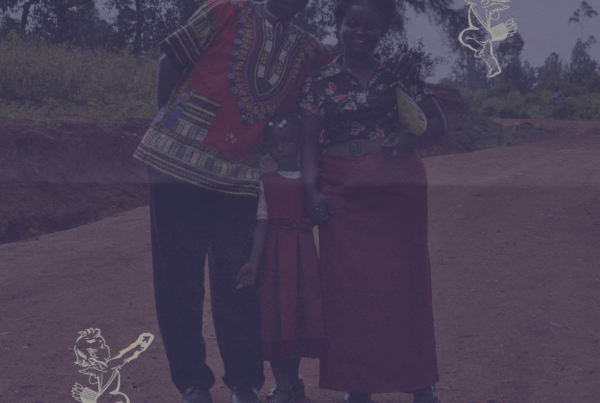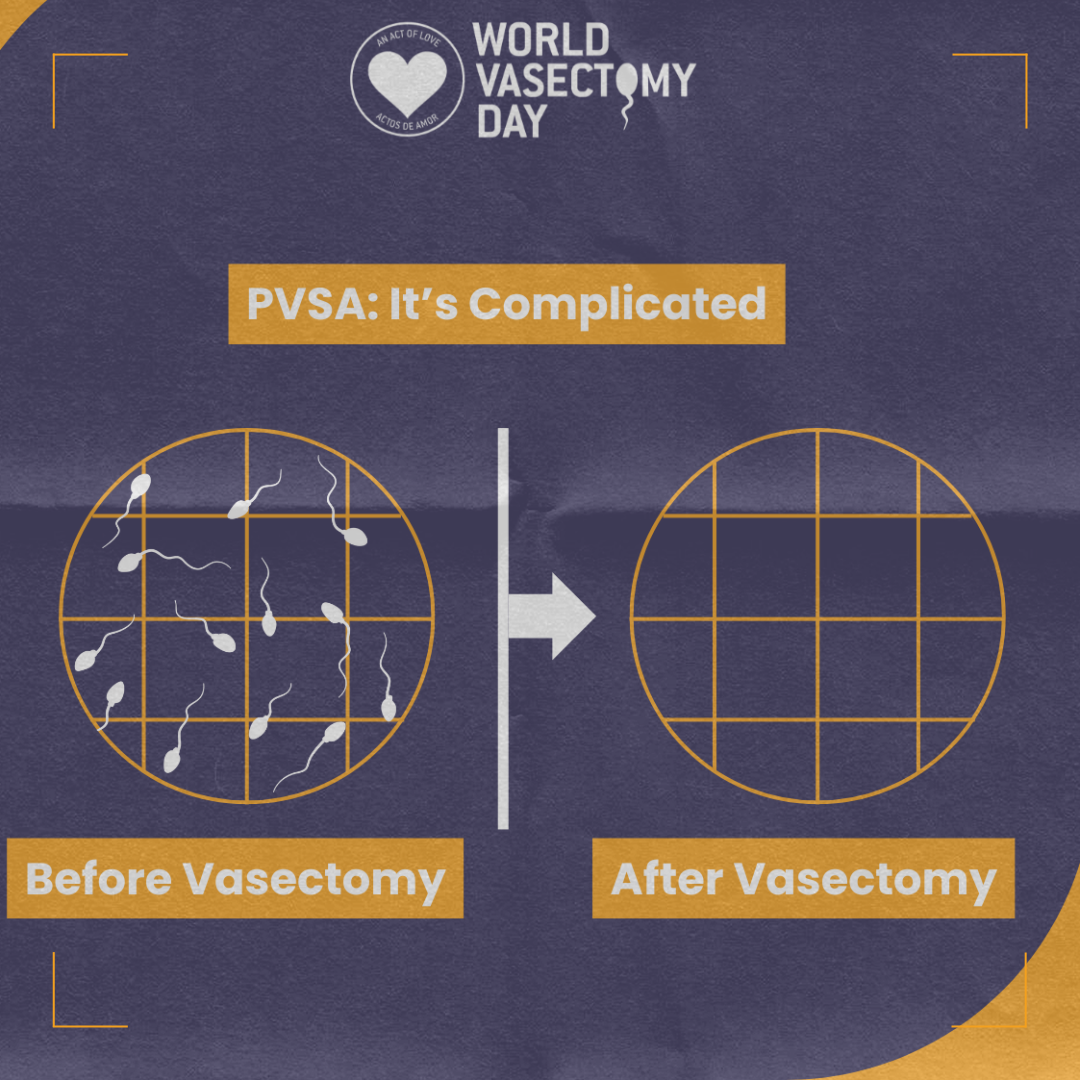Silvana Resendy Biurhuett, shares her trip to Panama, El Salvador, Mexico and Argentina.
Written By Silvana Resendy Biurhuett,
Getting involved and committed, makes all the difference
Recently, I had the privilege of packing my bags and exploring other horizons in Latin America, but this was not just another trip; instead, it was a new opportunity to see things with different eyes. We need eyes that allow us to find new opportunities and various ways to innovate and go beyond what we think is possible, and also the right moment to invite others to join us in overcoming obstacles for a better world. Because there’s a big difference between getting involved and getting engaged, that was the biggest challenge of this trip.
The scenario in the region has changed in many aspects in recent years. Sexual and reproductive health has made encouraging progress, but despite this, the situation remains critical. The number of maternal deaths stagnated, the estimated mortality ratio increased, and the reported annual decline was smaller than in 2015, according to the latest data from the United Nations Interagency Group on Maternal Mortality Estimates. The data also show that the desired fertility rate is not being met: women and men continue to have more children than they want. In contrast, some countries persist in restrictive legislation that stands in the way of timely access to contraception, scarcely invest in education campaigns for the exercise of SRHR and the promotion of equity in sexual and reproductive health.
This panorama and the passion with which we influence the world through WVD motivated the trip to various countries in the region. There were many different exchanges with actors from health organizations and ministries, and in each of them, a constant but tacit reflection was evident: one cannot build equity in sexual and reproductive health if men are not considered an essential and active part of family planning actions and initiatives.
The misleading and rhetorical phrase that we hear in every country and often from health providers is: “Men are sexist and will not have a vasectomy”, a cliché that misinforms, generalizes, and perpetuates negative stereotypes about men and increases the gap between supply and demand, because while health programs consider that family planning is still “a woman’s thing” and that men do not want or do not accept vasectomy, the palpable reality in Latin America is proving the opposite– there are more and more men who wish to assume contraceptive co-responsibility but do not know how or where to do it.
How can men be part of and share responsibilities in contraception if health programs lack vasectomy services or if they are inaccessible due to a lack of health providers who have adequate training to provide the service? That’s part of the work we do at WVD.
This tour’s objective was to visit the ministries of health of El Salvador, Mexico, and Argentina, as well as civil society organizations such as DKT, FUSA, and APLAFA, to reflect on the new contraception scenarios. There is an imminent and growing demand for vasectomy services, and that requires a robust and comprehensive program prepared to provide timely support with highly trained health providers and efficient logistics.
At WVD, we believe in the energy that comes from working together by jointly seeking innovations, creativity, and passion for ‘purpose.’ This is what we began to build with the ministries of health of El Salvador and Argentina, who this year decided to move from getting involved to committing and will train vasectomy providers through WVD to promote and make contraceptive equity viable in their country. We have a great challenge ahead of us, and now the commitment is shared!
As James Womack said: Ariel Sanchez of the Masculinities Team – Argentina
‘Commitment opens the doors of imagination, allows vision, and gives us the right things.’









